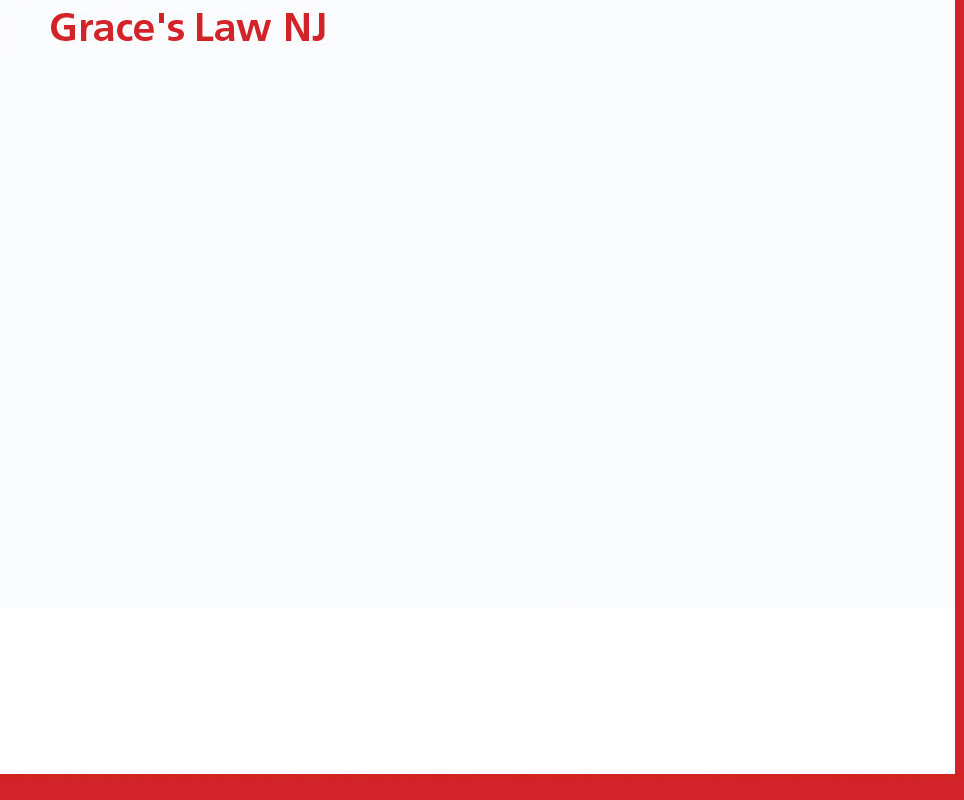Grace’s Law Update 2015 from Jeanine Gleba
In December 2008, NJ became the 13th state to enact legislation, otherwise known as Grace’s Law, mandating certain health benefit plans to provide limited coverage of hearing aids for children 15 years and younger specifically up to $1,000 per hearing aid for each hearing impaired ear every 24 months. The Patient Protection and Affordable Health Care Act (ACA) provides a number of consumer protections including the prohibition of annual or lifetime benefit limits on essential health benefits. The $1,000 benefit required under Grace’s Law is a benefit limit.
The specific implication of the ACA is as follows: According to Executive Director Ellen De Rosa of the NJ Department of Banking and Insurance, when NJ selected the “benchmark plan” which would define essential benefits for the individual and small employer markets, New Jersey selected the Small Employer Plan with the greatest enrollment. That plan complied with all current state mandates at the time, including Grace’s Law. As a benefit included in the benchmark plan, hearing aids became an essential health benefit (EHB) in New Jersey. As an essential health benefit, hearing aids cannot be subject to an annual or lifetime benefit limit. Thus, as of January 1, 2014, the $1,000 benefit limit no longer applies.
It’s important to note that the original Grace’s Law never required first dollar coverage. The benefit payment was the allowable cost of the hearing aid minus the application of any deductible, co-pay or coinsurance. The maximum amount the benefits plan would pay after these deductions was reduced to $1,000. Now with the ACA change there is no limit placed on the reimbursement after the applicable deductions are met! For example let’s say a hearing aid cost is $2500, and the full $2,500 is an allowable amount under the plan, and this person’s plan has a $500 deductible. After the $500 deductible is met there is $2000 remaining, under the changes of the ACA now that person would be eligible for a Grace’s Law reimbursement of $2000 whereas pre-ACA it would only have been $1000.
So in conclusion, the changes made have actually increased the potential reimbursement amount. However, it’s important to note that health benefits plans still may or may not be subject to the requirements of Grace’s Law. As an example employer self-funded plans are still not required to follow the mandate. In addition the benefit continues to be subject to medical necessity as prescribed by a licensed physician or audiologist and this “essential health benefit” is only for children 15 years and younger.
Of other interest regarding the ACA and its implications on states as also explained by Ms. De Rosa, is if any state passes any new health insurance mandate that would increase cost, the state would have to defray the costs of any additional benefits. Since the passage of the ACA, NJ has not passed any new insurance mandates that increase cost and most states in the country may be hard pressed to also pass any new mandates. So for example if we wanted NJ to amend the law to require that plan cover hearing aids for adults it would mean that the State would be required to defray the additional cost. The budget appropriations would be significant. So at this point the only likelihood of ever getting any further coverage is if it becomes a Federal Law, then the states don’t have to defray the costs.
Needless to say coverage of hearing aids in America remains a big problem even more so than ever with the passage of the ACA. We need Federal “hearing” insurance reform now. Sounds like a good idea, right? Grace Gleba, of Grace’s Law, has started a social media campaign to get the ball rolling. Follow her on Twitter @graceslaw and share her You Tube video: http://www.youtube.com/watch?v=qFG12CzOfIs and maybe a Federal Legislator will see it and have the courage to get our voices heard on Capitol Hill.

